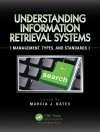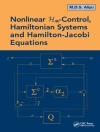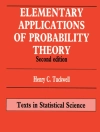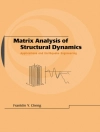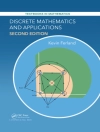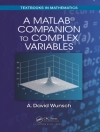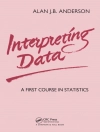This novel book bridges the gap between the energetic and species approaches to studying food webs, addressing many important topics in ecology. Species, matter, and energy are common features of all ecological systems. Through the lens of complex adaptive systems thinking, the authors explore how the inextricable relationship between species, matter, and energy can explain how systems are structured and how they persist in real and model systems. Food webs areviewed as open and dynamic systems. The central theme of the book is that the basis of ecosystem persistence and stability rests on the interplay between the rates of input of energy into the system from living and dead sources, and the patterns in utilization of energy that result from the trophicinteractions among species within the system. To develop this theme, the authors integrate the latest work on community dynamics, ecosystem energetics, and stability. In so doing, they present a unified ecology that dispels the categorization of the field into the separate subdisciplines of population, community, and ecosystem ecology. Energetic Food Webs is suitable for both graduate level students and professional researchers in the general field of ecology. It will be of particular relevance and use to those working in the specific areas of food webs, species dynamics, material and energy cycling, as well as community and ecosystem ecology.
John C. Moore & Peter C. de Ruiter
Energetic Food Webs [PDF ebook]
An analysis of real and model ecosystems
Energetic Food Webs [PDF ebook]
An analysis of real and model ecosystems
Compre este e-book e ganhe mais 1 GRÁTIS!
Língua Inglês ● Formato PDF ● ISBN 9780191646416 ● Editora OUP Oxford ● Publicado 2012 ● Carregável 6 vezes ● Moeda EUR ● ID 2505818 ● Proteção contra cópia Adobe DRM
Requer um leitor de ebook capaz de DRM



